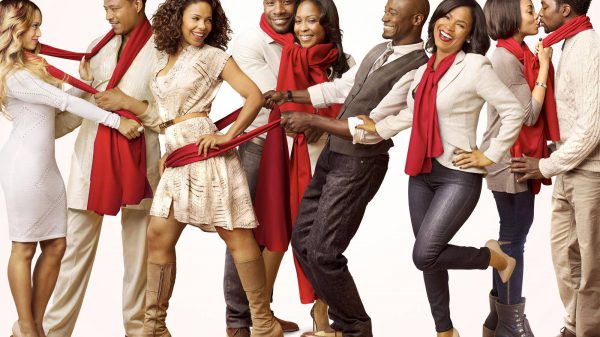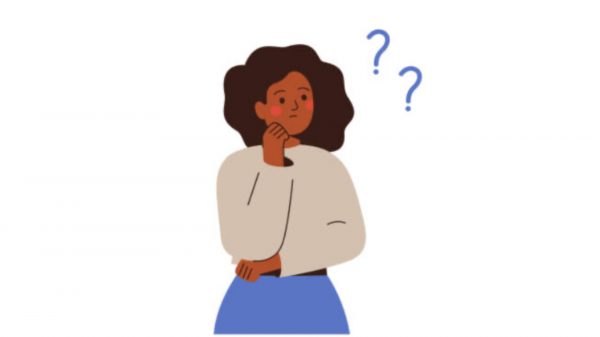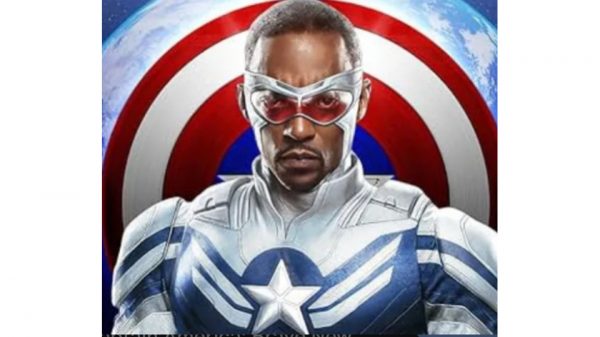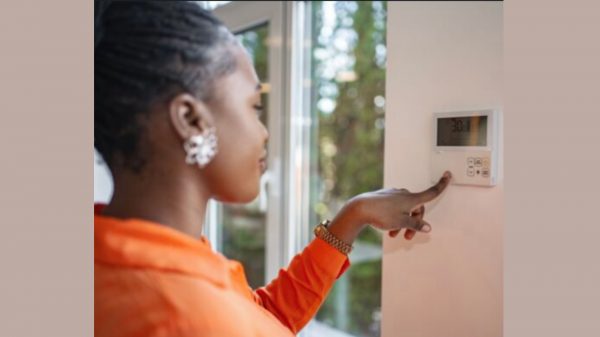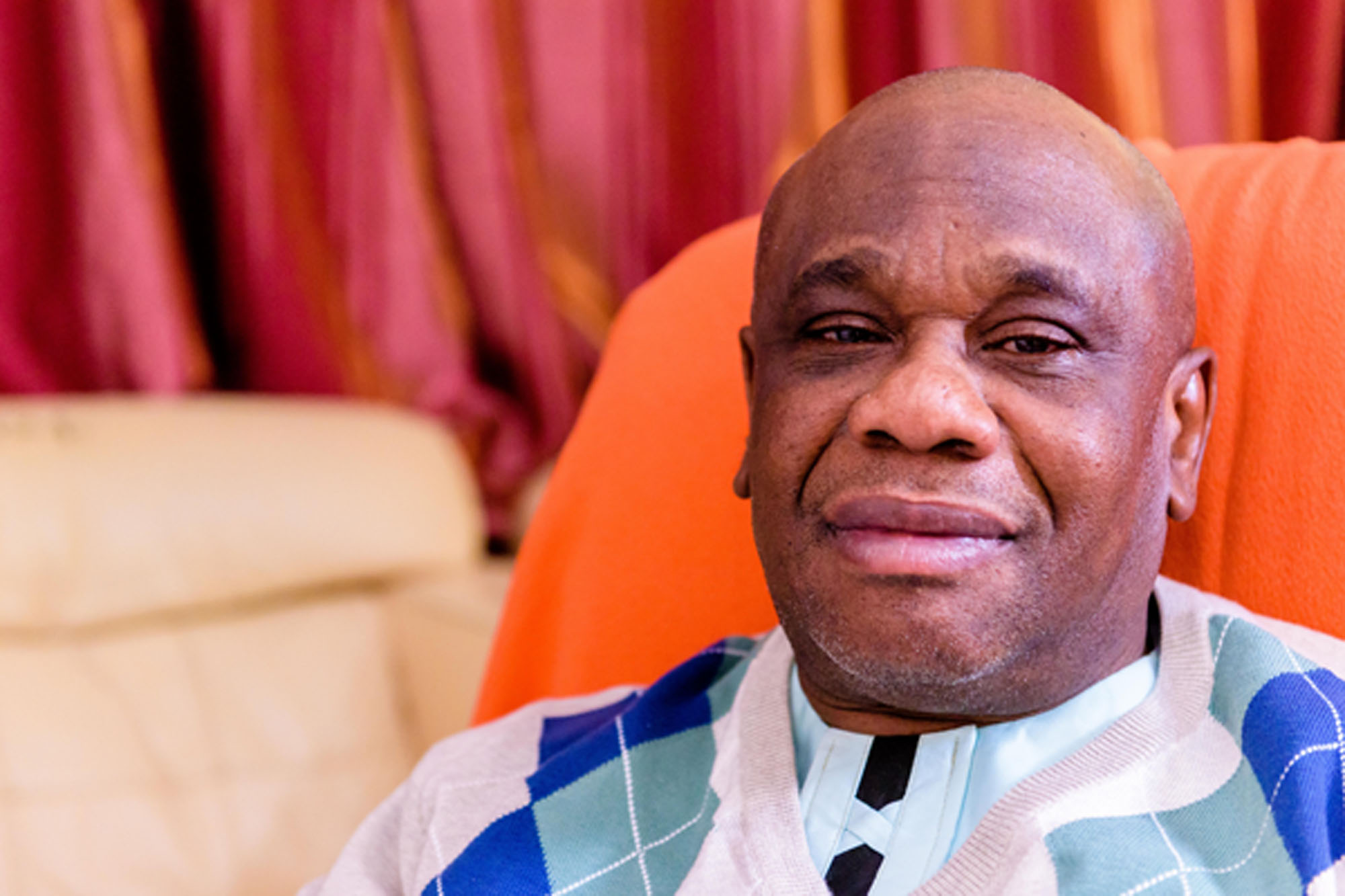Family, friends and strangers are urged to call 999 as soon as they notice any single one of the three key signs of a stroke: Face, Arms, Speech
Public Health England has released a series of films as part of the national Act FAST campaign, to help raise awareness of the vital role anyone can play when they see someone having a stroke.
Charles Bosah is featured in a film sharing his story alongside Holby City actor Chizzy Akudolu, describing the common signs of stroke. They are joined by nurse Gloria Ekeng, who highlights why people need to Act FAST and call 999 if they notice any single one of the three key signs of a stroke: Face, Arms, Speech. Watch film here
Charles Bosah, stroke survivor said: “I was home alone when I had a stroke. It felt like an electric shock in my head. When I tried to walk I had to drag my left leg. I looked in the mirror and noticed that my face had changed – it had fallen on one side.
I tried to sit down but lost my balance, I knew something was wrong so I called 999 immediately but I struggled to speak. They kept me on the phone until the ambulance arrived and took me to Kings College hospital where I was examined by doctors who confirmed I had a stroke.
After 4 weeks of treatment I started to regain some mobility. Looking back, I am very lucky and am eternally grateful to the NHS medical team that helped save my life.
I now actively promote the signs of a stroke in my local community to help people understand that they need to Act FAST and call 999 if they notice stroke symptoms in themselves or others.”
Stroke is now the fourth largest cause of death in the UK and black people are at a higher risk of having a stroke than their white counterparts, due to high blood pressure, diabetes and sickle cell being significant factors causing stroke.
New statistics reveal that stroke kills over 40,000 people a year and almost two thirds leave hospital with a disability. People are most likely to have a stroke when they are 55 years of age or older, but black people are at a greater risk of experiencing a stroke at a significantly younger age.
Research shows that 24% of people would wait to call an ambulance because they wrongly believe that they need to see two or more symptoms of stroke to be sure. Other barriers to dialling 999 include feeling that they need permission to act on behalf of others.
Whether you are a stranger in the street, a family member at home or the person themselves – do not ignore the key symptoms, call 999 immediately if you notice even one of the symptoms. Getting appropriate treatment can reduce the amount of brain damage and ensure a better chance of making a good recovery.
Think and Act FAST:
- Face – has their face fallen on one side? Can they smile?
- Arms – can they raise both arms and keep them there?
- Speech – is their speech slurred?
- Time – to call 999 if you see any single one of these signs of a stroke










